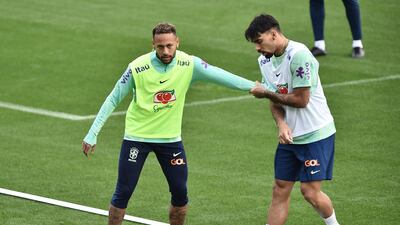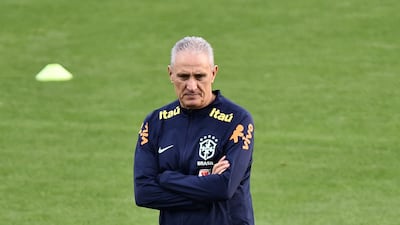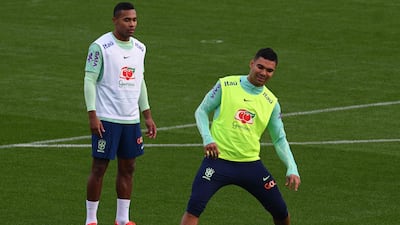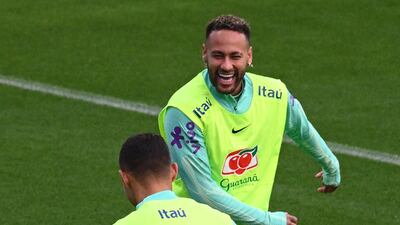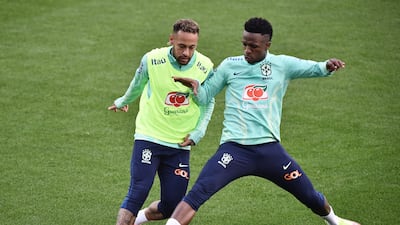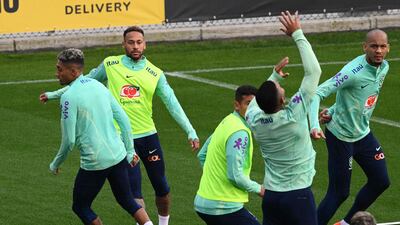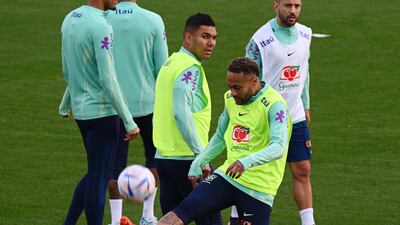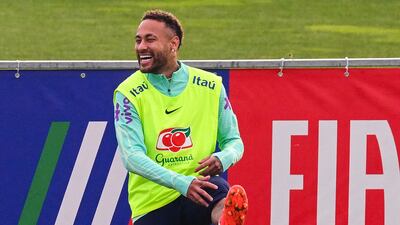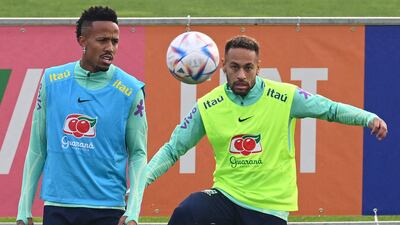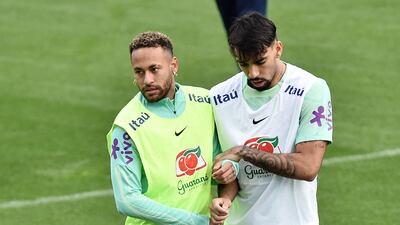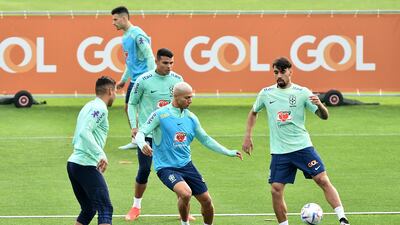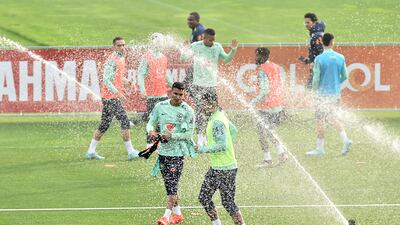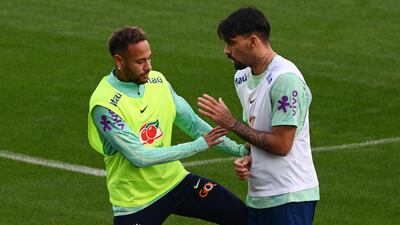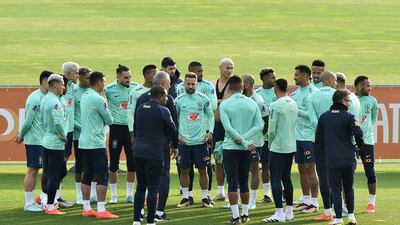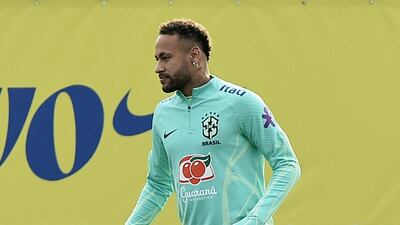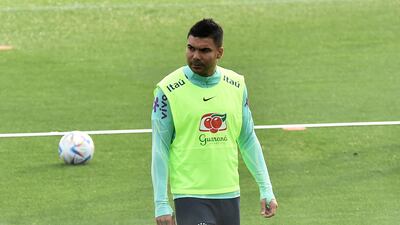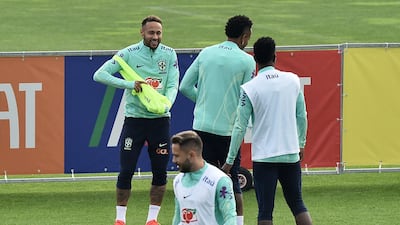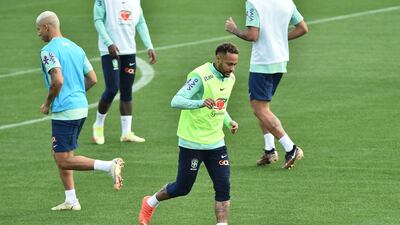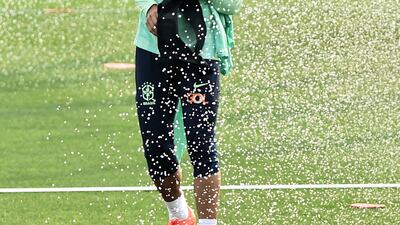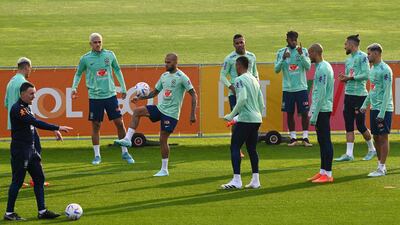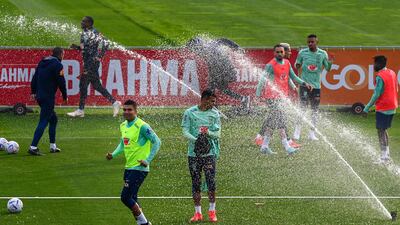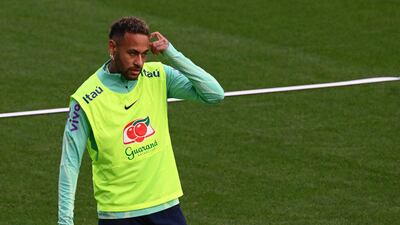No World Cup is like another, even if, watched on television, they can sometimes look identical, four-yearly adventures replicating the same superbly-maintained pitches in state-of-the-art stadiums whatever the host nation on whatever continent. But the first of the great showpieces of the world’s favourite sport to be staged in the Middle East is significantly different.
It is a World Cup more concentrated in time and space than others. In many ways, it is more controversial. Qatar 2022 begins on Sunday against a backdrop of years-old queries about the bid process, the host country and the grounds built to stage the tournament.
There is resentment from some quarters in club football for the compromise of moving a World Cup from its traditional slot in June and July, because of summer heat, to November and December.
The upside? Unlike in a June World Cup, players will launch themselves at this tournament without a full, sapping club campaign weighing on their limbs. The risk? They will be starting it, in some cases, barely a week after club seasons paused.
If there has been too little preparation time in the eyes of most national coaches, there is no mistaking the firm, focussed gaze on this World Cup of the footballers themselves. For most, achievements on this stage capture the imagination more than medals won with their clubs.
Football’s modern era will be defined in an important way by Qatar 2022. It’s the last time the 21st century’s two most iconic footballers will both be at a World Cup.
As ever, Lionel Messi and Cristiano Ronaldo strike a compelling contrast. The feathery-touch Messi is in supreme form for Paris-Saint Germain, sliding smoothly into his top gears just in time for Argentina’s bid for a first World Cup triumph within Messi’s career span.
The super-athlete Ronaldo is bristling, ominously angry, at an all-time low in his relationship with Manchester United, utterly driven to prove wrong those who believe that, at 37, he may no longer be the best possible spearhead for Portugal’s bid to win the tournament for the first time ever.
Argentina’s formidable unbeaten record – 36 successive games after their 5-0 win over UAE – elevates them among the favourites and if Messi has arrived in Doha surrounded by a less obviously gifted set of colleagues than at his four previous World Cups, he has trusted allies such as Angel di Maria alongside him, and the residual confidence of having won last year’s Copa America.
The team they beat in the final, Brazil, still carry the tag of favourites to Qatar, partly because of Neymar’s fine form alongside Messi at PSG, partly for the solid base from which Neymar and Vinicius Junior can launch attacking raids: Alisson Becker in goal, Thiago Silva in central defence and Casemiro anchoring midfield.
What would Didier Deschamps, the France manager give for that sort of spine? France, defending champions, concern Deschamps for how unlike his World Cup winners Les Bleus now look.
Kylian Mbappe is still a trump card but injury has ruled out N’Golo Kante and Paul Pogba from central midfield, central defender Presnel Kimpembe has joined them among the wounded, and there are doubts over the fitness of Raphael Varane in that position and Karim Benzema up front.
Germany have a reputation to remake, their defence of the 2014 title having ended brutally early in 2018. England, outsider contenders, have a difficult recent standard – semi-finalists in Russia, finalists at Euro 2020 – to keep up, and a pressure to make their national team as watchable as the country’s domestic game, the Premier League, is across the globe.
Spain’s bring a mix of youthful pizzazz and warrior pedigree that gets a tough early test given they share a group with the Germans. The Netherlands are back, too, after missing out entirely on the last World Cup, and under a manager, Louis van Gaal, crafty enough to bring them a bronze medal in 2014. This is Van Gaal’s swansong, as he battles illness and anticipates, at 71, retirement from a sport he has hugely impacted.
Belgium and Croatia, third and second in Russia four years ago, both keen to give notice they could go all the way, meet in a feisty Group F, where Morocco also lurk. A strong run from one of the Mena nations would boost the tournament, and, on paper at least, Morocco are equipped for that.
As for Qatar, the Asian champions, they have the advantages of host status and huge investment in the squad's preparation. It may just be enough to overcome, at least up to the last-16 phase, the limitations of a small population, and, as their country keeps being reminded, a historically low profile in the sport.

